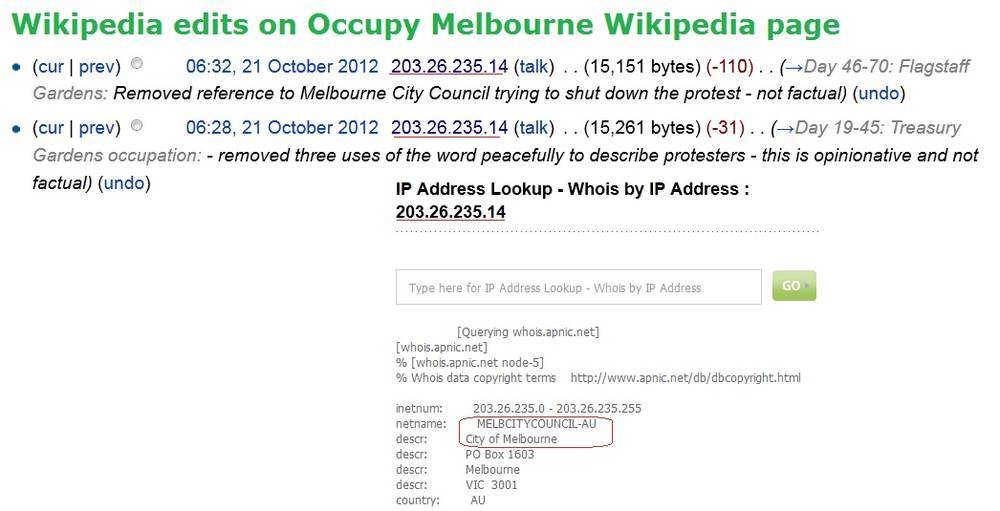The open source programming language Python -- named after the British comedy series "Monty Python" -- became popular in the 1990s, along with two other languages beginning with "P": Perl and PHP. Later, they formed a crucial part of the famous "LAMP" stack -- the GNU/Linux operating system + Apache Web server + MySQL database + Python/Perl/PHP as scripting languages -- that underpinned many of the most successful startups from this time.
Today, Python is used by some of the biggest names in computing, including Google, so you might assume things like trademarks were sorted out years ago. But this posting by Van Lindberg, Chairman of the Python Software Foundation, reveals that's not the case everywhere:
There is a company in the UK that is trying to trademark the use of the term "Python" for all software, services, servers... pretty much anything having to do with a computer. Specifically, it is the company that got a hold on the python.co.uk domain 13 years ago. At that time we weren't looking a lot at trademark issues, and so we didn't get that domain.
Given the rather unplanned way that free software projects have arisen and grown, it's perhaps not such a surprise that crucial domains and trademarks weren't always applied for in every jurisdiction -- after all, coders just want to code, and open source projects generally don't have any resources to pay someone to handle all the boring legal stuff. And so it often gets neglected, as here. Lindberg explains why that wasn't a problem until now:
This hasn't been an issue since then because the python.co.uk domain has, for most of its life, just forwarded its traffic on to the parent companies, veber.co.uk and pobox.co.uk. Unfortunately, Veber has decided that they want to start using the name "Python" for their server products.
We contacted the owners of python.co.uk repeatedly and tried to discuss the matter with them. They blew us off and responded by filing the community trademark application claiming the exclusive right to use "Python" for software, servers, and web services -- everywhere in Europe.
That would obviously represent a real problem for the Python language there. The Python Software Foundation is therefore opposing the community trademark application, and submitting its own. But to succeed, it needs evidence that it has been using the name for many years, and should therefore be granted the trademark. Here's what it would like:
According to our London counsel, some of the best pieces of evidence we can submit to the European trademark office are official letters from well-known companies "using PYTHON branded software in various member states of the EU" so that we can "obtain independent witness statements from them attesting to the trade origin significance of the PYTHON mark in connection with the software and related goods/services." We also need evidence of use throughout the EU.
The post goes on to list a variety of ways in which Python users, particularly those in Europe, can help bolster the Python Software Foundation's case and obtain the trademark in question. The good news is that communities based around free software like Python are likely to have a huge pool of people willing and able to help in these circumstances by providing evidence that throughout Europe, and for over two decades, "Python" has always meant the free software language. However, to avoid similar incidents, and similar mad rushes to gather the required evidence, it would probably be a good idea if other open source projects checked that they had registered all the obvious Web sites and trademarks.
Follow me @glynmoody on Twitter or identi.ca, and on Google+
Permalink |
Comments |
Email This Story







